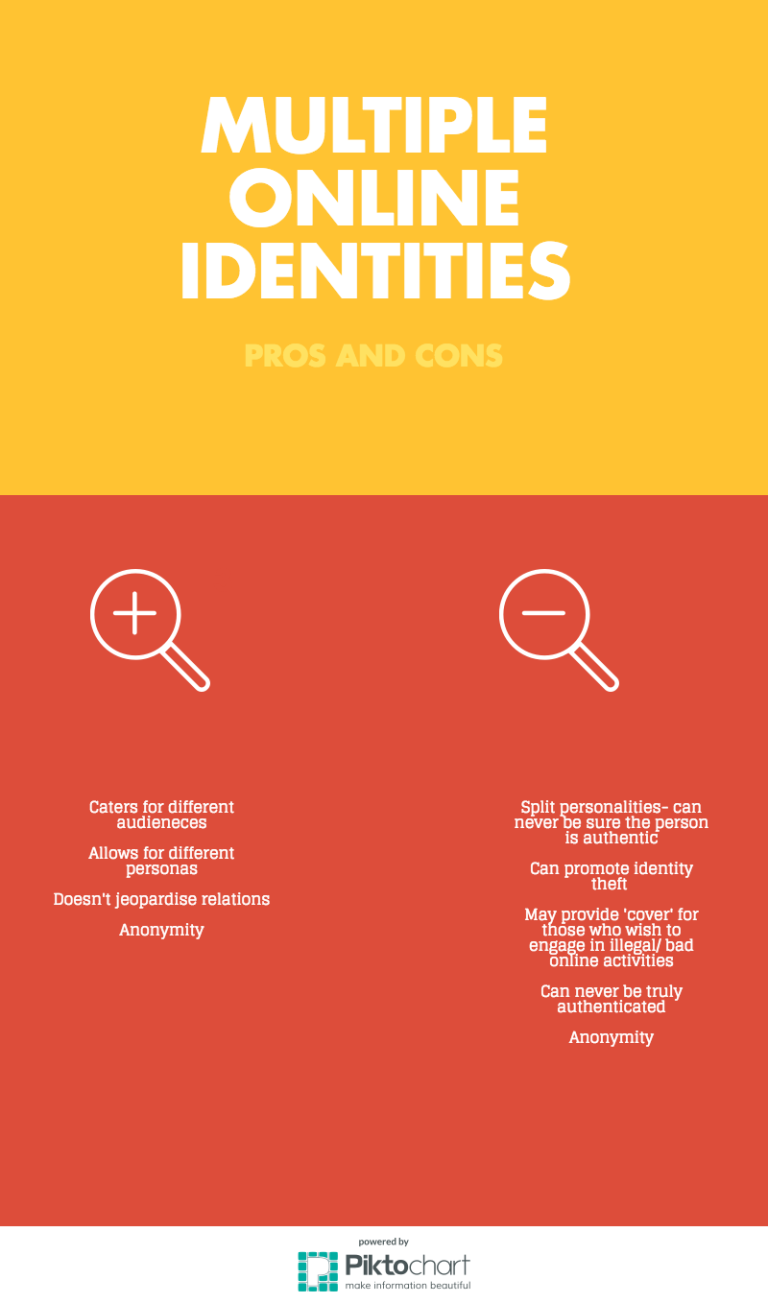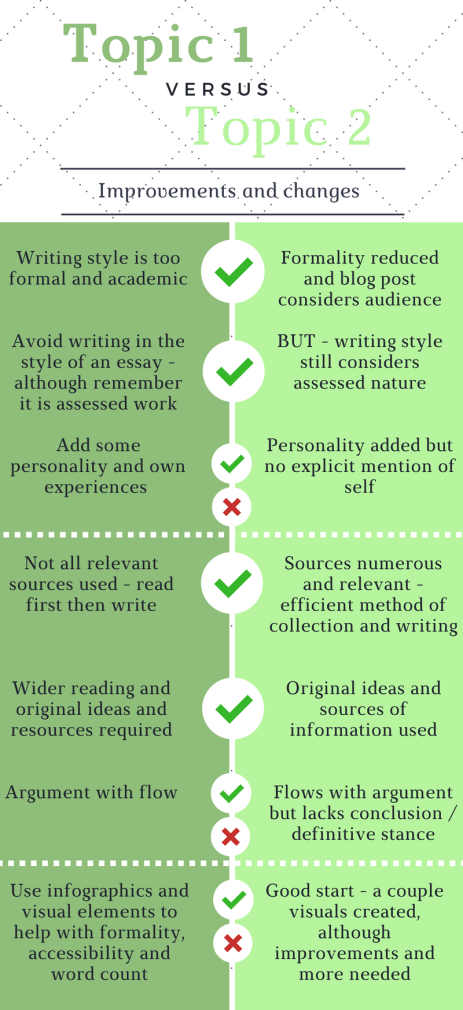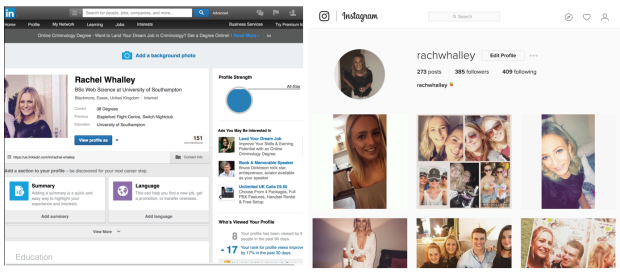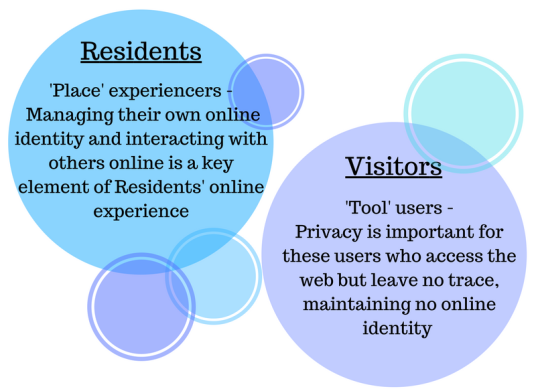
Topic 2 Reflection
I really enjoyed this weeks topic on online identities because it highlighted to me the possible negative aspects of having more than one identity and this was something that i had not really considered before, despite the fact i have had many social media profiles on various websites for many years. Therefore I have definitely learned a lot this week. What i did well in my post was have a clear structure.
Continue reading →


















